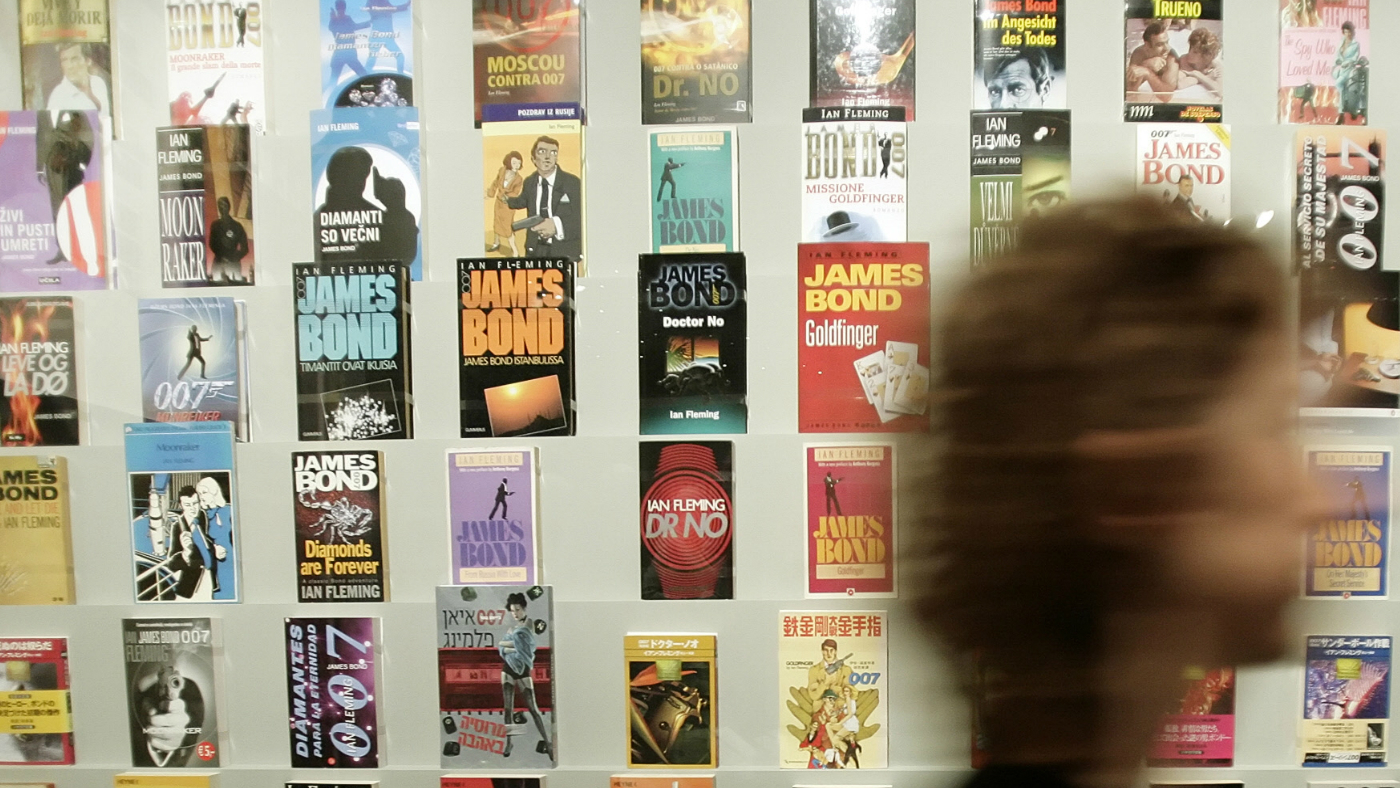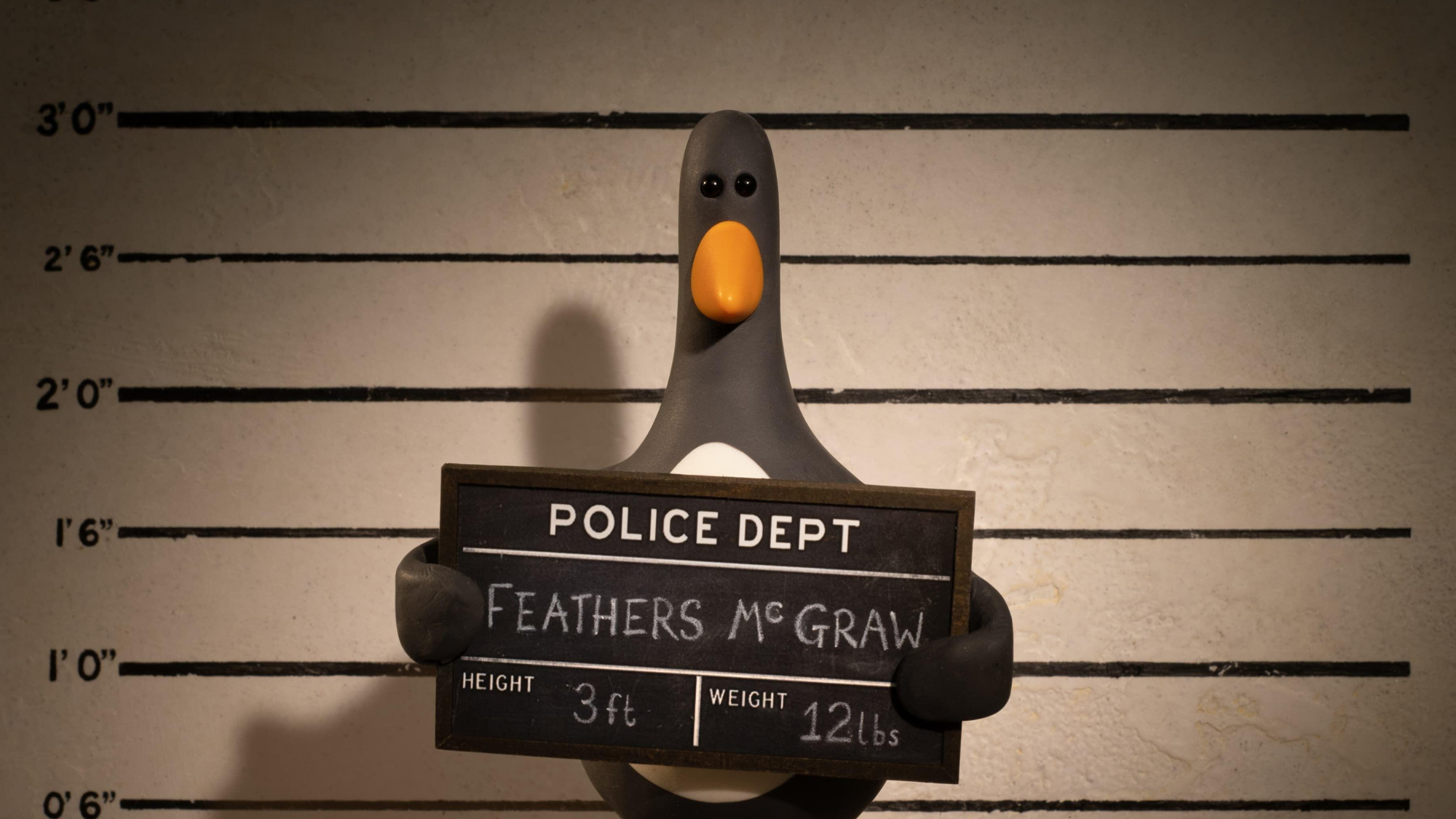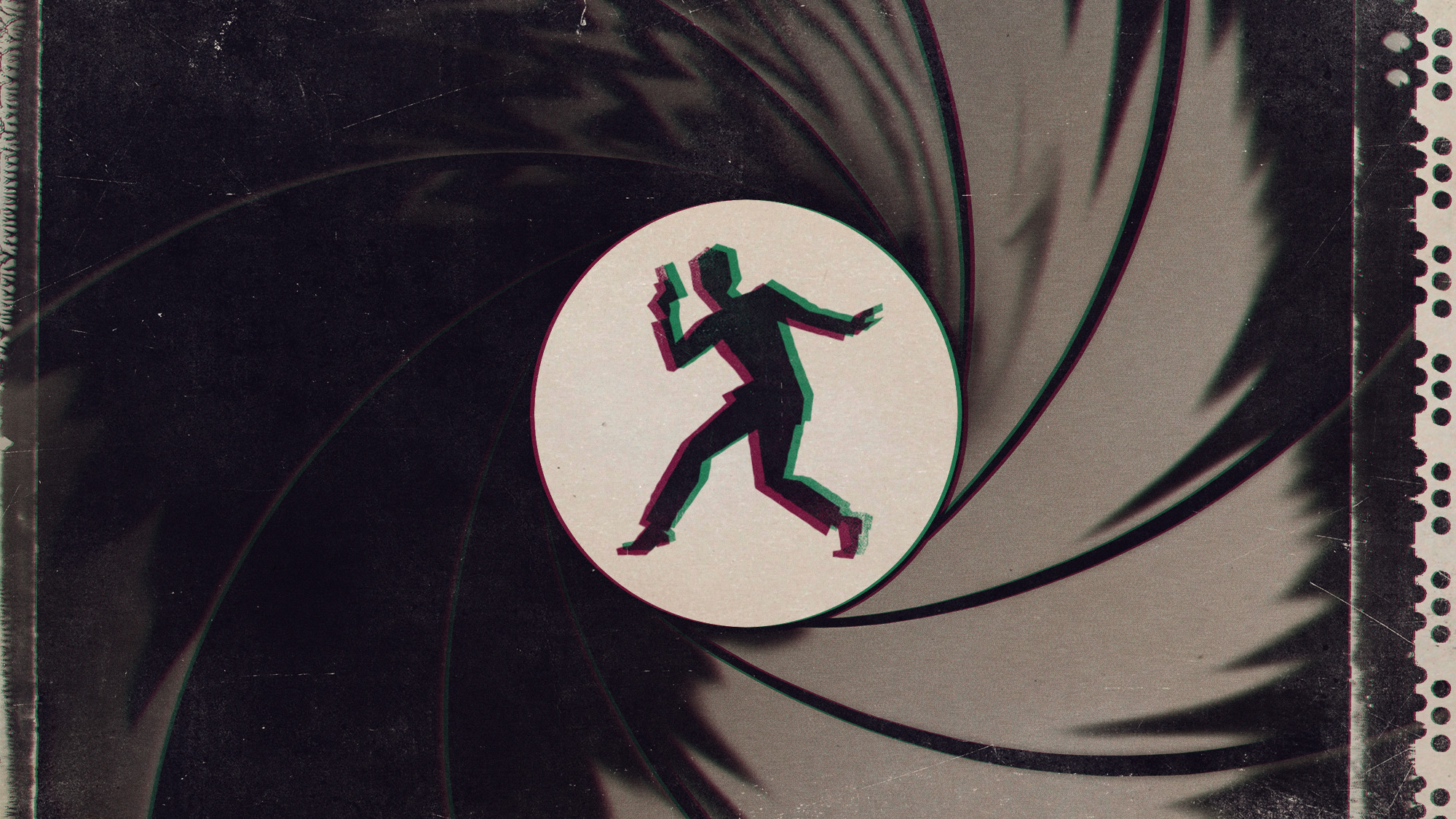James Bond: Did Fleming hide WW2 secrets in his novels?
Author Sinclair McKay claims 007 creator references Bletchley Park codebreaking secrets in his novels

A free daily email with the biggest news stories of the day – and the best features from TheWeek.com
You are now subscribed
Your newsletter sign-up was successful
James Bond author Ian Fleming scattered clues about top-secret Second World War codebreaking in his novels, it has been claimed.
Sinclair McKay, who has written several books about Bletchley Park, where codebreakers such as Alan Turing cracked German ciphers, told the Daily Telegraph the spy novels are littered with references to the project.
Fleming worked in the Naval Intelligence Unit during the war and drew on his experiences in the world of international espionage for 007.
The Week
Escape your echo chamber. Get the facts behind the news, plus analysis from multiple perspectives.

Sign up for The Week's Free Newsletters
From our morning news briefing to a weekly Good News Newsletter, get the best of The Week delivered directly to your inbox.
From our morning news briefing to a weekly Good News Newsletter, get the best of The Week delivered directly to your inbox.
Some of the references are innocuous nods to the work of the codebreakers, such as the inclusion of a character called Le Chiffre (The Cipher) in Casino Royale, the first Bond novel.
Other hints are more overt, such as a fictional Japanese coding system described in You Only Live Twice that is "remarkably close to the real life one", said McKay.
Fleming's 1957 novel From Russia with Love depicts an encryption machine called the Lektor that appears to be similar to the Enigma machine. The plot also features a chess match McKay claims is based on a real-life game between Bletchley codebreaker Conel Hugh O'Donel Alexander and Soviet grandmaster David Bronstein.
Fleming "got away" with dropping hints about activities not made public until the 1970s because they would sound improbable to the average reader, says McKay.
A free daily email with the biggest news stories of the day – and the best features from TheWeek.com
"It is a double bluff," he told the Telegraph. "We would never look at a James Bond film and say, ‘That must be what's going on.'"
Fleming's risky literary game would have been in "wild contravention" of the Official Secrets Act, McKay said, but hardly a surprising one. "Bletchley was full of ludicrously intelligent people that could afford to have these nudges and winks at each other," said the author.
-
 How to Get to Heaven from Belfast: a ‘highly entertaining ride’
How to Get to Heaven from Belfast: a ‘highly entertaining ride’The Week Recommends Mystery-comedy from the creator of Derry Girls should be ‘your new binge-watch’
-
 The 8 best TV shows of the 1960s
The 8 best TV shows of the 1960sThe standout shows of this decade take viewers from outer space to the Wild West
-
 Microdramas are booming
Microdramas are boomingUnder the radar Scroll to watch a whole movie
-
 The best film reboots of all time
The best film reboots of all timeThe Week Recommends Creativity and imagination are often required to breathe fresh life into old material
-
 Will Amazon destroy James Bond?
Will Amazon destroy James Bond?Talking Point Broccoli family yields control of franchise to tech giant, sparking fears of corporate 'Americanisation' of beloved British icon
-
 The best TV to watch over Christmas
The best TV to watch over ChristmasThe Week Recommends How to plan your perfect viewing on 25 December, from lunchtime till late
-
 Who will be the next James Bond?
Who will be the next James Bond?In Depth Five years on from Daniel Craig’s swansong in No Time to Die, rumours over his replacement continue to swirl
-
 James Bond: what's next for 007?
James Bond: what's next for 007?In Depth It has been three years since Daniel Craig's explosive departure in No Time to Die
-
 Aaron Taylor-Johnson: the next James Bond?
Aaron Taylor-Johnson: the next James Bond?Talking Point Kick-Ass star has reportedly been offered the 007 role and he has plenty of admirers
-
 ‘Not rude, just French’: the Eva Green court case explained
‘Not rude, just French’: the Eva Green court case explainedUnder the Radar Former Bond girl in London legal battle over her $1m (£810,000) fee for abandoned film project
-
 Sport on TV guide: Christmas 2022 and New Year listings
Sport on TV guide: Christmas 2022 and New Year listingsSpeed Read Enjoy a feast of sporting action with football, darts, rugby union, racing, NFL and NBA